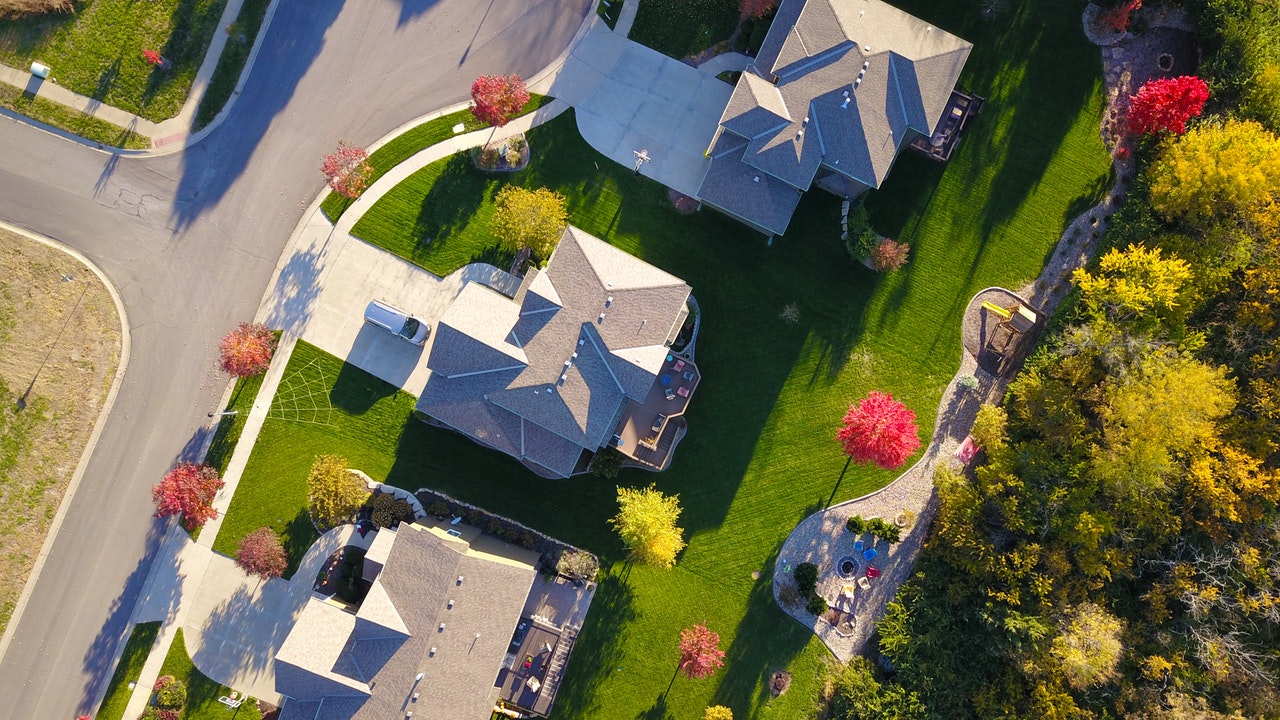
2020 kicked off with a subdued property market sitting at the tail end of a protracted and country-wide contraction. Market analysts were justifiably conservative in their growth forecasts for the year, but none could have predicted the impact of Covid-19.
“When we set out in January, we had solid goals as a brand,” says Tony Clarke, MD of the Rawson Property Group. “When lockdown hit, however, we found ourselves faced with unprecedented circumstances. We had to adapt very quickly, reinventing ourselves and our processes to meet these new challenges and help our clients keep making intelligent and informed property  decisions.”
decisions.”
According to Clarke, the Rawson Property Group leaned heavily on its award-winning technology to maintain service-delivery standards, despite lockdown’s restrictions. This included the use of virtual valuations, 3D virtual tours, virtual showhouses, online meetings and electronically-signed documentation – all designed to keep property transactions moving while protecting everyone’s health and safety.
While the tools and processes were in place to facilitate sales safely, Clarke says property experts were nonetheless bracing for a drastic slump in market activity. However, the 2.25% interest rate cut implemented by the South African Reserve Bank created nearly irresistible conditions for buyers in a position to qualify for property finance.
“We had a flood of buyers hitting the market in response to the interest rate announcements, across all regions and in all price bands,” says Clarke. “This was particularly evident in the under-R1mil price bracket, which achieved a total of 43.92% of sales. The next most active bracket was R1mil - R2mil, which achieved 35.99% of sales.
“Furthermore,” Clarke continues, “our buyer profile data has uncovered that a good percentage of our buyers are first timers on the market, but upgrades, holiday homes and investment purchases also feature strongly. As for the most popular property type, conventional freehold homes take first place, with sectional title coming in second.”
The extraordinary and unexpected boost in buying activity saw June through November turn into the best sales months in the history of the Rawson Property Group. According to Clarke, December is already well on its way to extending that streak, and the Group expects this trend to continue as long as the interest rates remain favourable.
While low interest rates undoubtedly make buying property more affordable, Clarke says they also offer an important opportunity for consumers to consolidate finances, pay off debt and boost savings.
“Using this time wisely will go a long way towards minimising the effect any future interest rate increases will have on the security of existing property investments, and help new purchasers cover their fees and deposits, despite tight financial times,” he says. “We don’t expect interest rates to start climbing until the second quarter of 2021 – and even then, they’ll likely climb slowly – but these optimal conditions will end at some point, so make the most of them while you can.”
First time buyers are certainly jumping at the chance to get a foot on the property ladder, with Rawson franchises recording their highest numbers of sales in the entry-level price brackets.
“A lot of tenants in the R7000 to R11 000 rental range are taking this chance to buy their own homes instead of paying off their landlord’s property,” says Clarke. “Bond repayments and rentals are the closest they’ve been in years.”
Local first-timers aren’t the only investors taking advantage of current conditions, however. Clarke says the weak rand is also starting to entice foreign investors across our reopening international borders, increasing activity in the mid- to high-end market segments.
“We still expect growth on the luxury end of the market to remain modest compared to other price bands,” he says, “but an uptick in activity is an important step towards rekindling positive momentum.”
Regardless of market segment, Clarke says today’s buyers have become more proactive than ever, performing intensive research before committing to any purchase. It has also become common for buyers to get prequalified for finance in order to strengthen their position during negotiations and maximise their chance of closing the deal on their dream property.
As for lenders, Clarke says sentiment remains bullish, with up to 105% bonds on offer to qualified buyers. He cautions against pushing the boundaries of affordability, however, recommending a more conservative approach in light of current circumstances.
“Our economy is still under extreme pressure and job security is low,” he says. “It may be smarter for buyers to use this time to buy low and pay off their debt faster than to push their limits and risk losing it all if their situation changes.”
Clarke says tough times have also seen an increase in the number of homeowners delaying an upgrade to a larger or more luxurious property.
“A lot of owners are holding onto their homes longer, or even moving in with family and letting out their property to save money,” he says. “For those in this kind of situation, I’d strongly recommend talking to an experienced estate agent to make sure you’ve considered all your options and are making the best possible property decisions for your circumstances.”
Clarke says there are plenty of opportunities out there for those with the right real estate professional on their team.
“Strategy has never been more important than it is now,” he says. “If you get the right price, the right platforms, the right marketing, the right negotiations – you can absolutely make a favourable sale.”
Safety also remains a vital consideration with Covid-19 still prevalent, and Clarke says sellers are more than justified in restricting in-person viewings to qualified buyers only. He recommends reviewing the latest Covid-19 protocol published by the Real Estate Business Owners of South Africa (REBOSA), and ensuring agents follow these best practices to the letter.
“This is not the same world, or the same property market, that we were dealing with this time last year,” he says, “but there has seldom been a better time to invest in property. It’s exciting to see South Africans recognising this opportunity and putting themselves out there on the market. It’s a positive step for property and an important step for our country as we work to recover from the toll Covid-19 has taken on our spirits and our economy.”